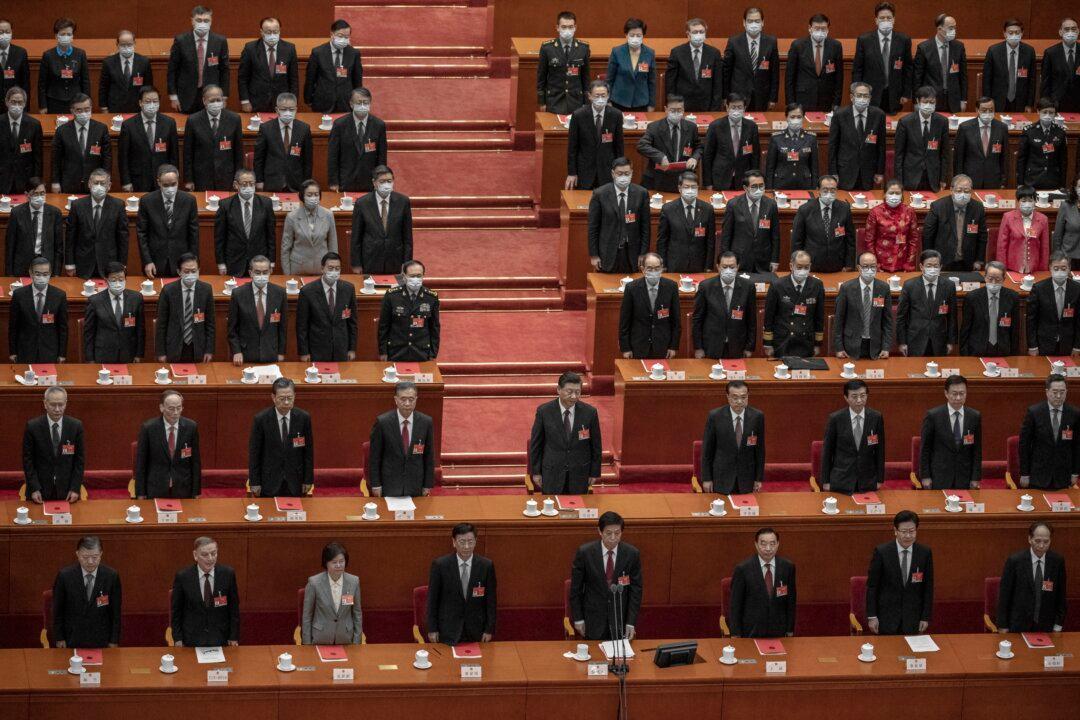Commentary
If China’s economic growth takes a nosedive, then Xi Jinping could find himself forcibly removed from office, according to Michael Shoebridge, a well-respected security expert.

If China’s economic growth takes a nosedive, then Xi Jinping could find himself forcibly removed from office, according to Michael Shoebridge, a well-respected security expert.